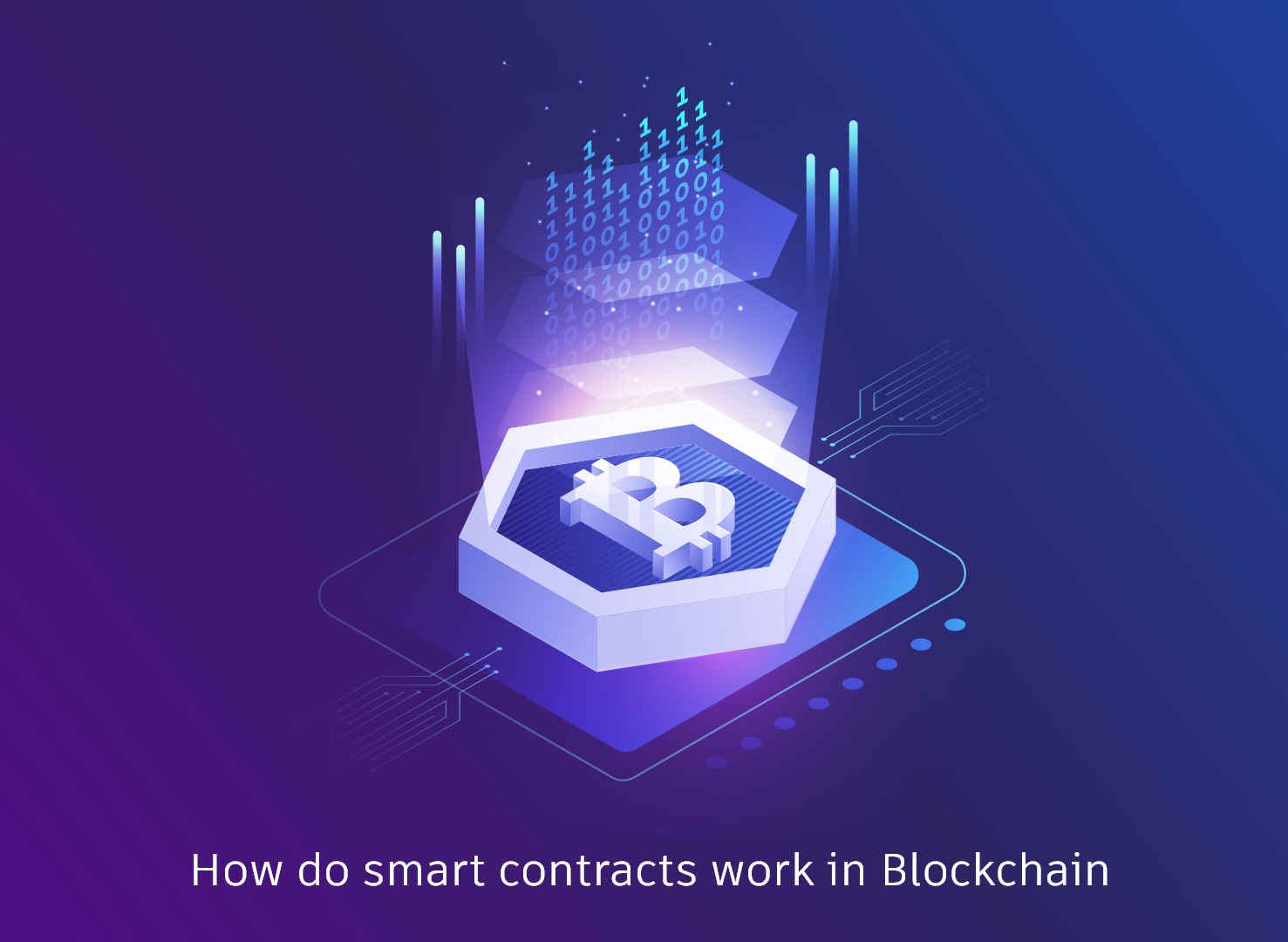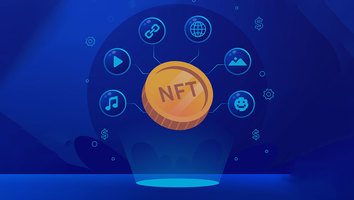When it comes to the blockchain sector, smart contracts are one of the widely known topics that have been gaining traction. As more operations become digital, finding a way to construct safe, digital business agreements becomes more crucial. Gone are the days when formal contracts were the preferred method of communication. Since Smart contracts gained a reputation, people have forgotten confusing, slow, and costly contracts.
Smart Contracts and Blockchain
Smart contract services are essentially built on the concept of blockchain technology.
A blockchain is a decentralized network that comprises an ever-growing list of data (blocks) that are encrypted and linked together. Unlike a traditional database, there is no single point of control in a blockchain network. The data saved on the blockchain is shared throughout the network's machines. As a result, the network is less susceptible to outages or cyber-attacks.
In a blockchain network, a record on one computer cannot be changed without significantly affecting the same record on other computers in the network. Only after the previous block has been completed is a new block formed. Each block is published in chronological sequence and includes a cryptographic hash of the block before it.
How Does a Smart Contract Work?
So, how exactly do smart contract services work?
Business teams engage with developers to establish their requirements for the smart contract's desired behavior in response to various events or circumstances, which is the first step in the process of creating a smart contract. Simple events include things like payment authorization, package receipt, and electricity meter reading thresholds. More complex events, such as assessing the value of a derivative financial instrument and completing a derivative agreement, or automatically releasing an insurance payment in the event of a person's death or a natural disaster, may require more advanced reasoning.
The developers then construct the code and test it on a smart contract writing platform to ensure it functions properly.
An internal specialist or a company that specializes in vetting smart contract security can be hired. The contract is then put on a blockchain or equivalent distributed ledger infrastructure after it has been authorized.
Once loaded, the smart contract is set up to listen for event updates from an "oracle," which is just a cryptographically secured streaming data source. The smart contract executes after receiving the required combination of events from one or more oracles.
How Is This Possible?
Once the agreement's terms are met, smart contracts are immediately implemented.
It means that hacking the blockchain or the smart contracts that operate on it is nearly impossible: to attack the blockchain or the smart contracts that run on it, a hacker would have to access more than half of the nodes. Consequently, smart contract development might run smoothly and without the need for human intervention!
Why Choose Smart Contracts Development?
- Accuracy, Speed, and Efficiency
For those who don’t know, the contract is executed without any delay once the required terms are met successfully. And the best part is that smart contracts are automated digitally, thus, you can save significant effort and time.
- Transparency and Trust
Because there is no third party involved, this ensures complete transactional openness, potentially removing the risk of manipulation, bias, or error. Consequently, monitoring costs and the possibility of opportunistic behavior are reduced.
- Secure: Because of its decentralized structure, blockchain technology makes transactions safer. For example, if hackers wanted to change the dollar amount in a transaction, they'd need to control at least half of the blockchain's computational power. Though the technology does not render the system impenetrable, it does make the procedure more difficult.
- Security
Blockchain transaction records are particularly difficult to attack since they are encrypted. As each entry is associated with the entries, hackers ultimately need to revamp the whole structure to alter a single record on a distributed ledger.
- Savings
Another reason to choose smart contracts in the blockchain is that it eliminates the need for middlemen and not to forget the delays and costs associated.



